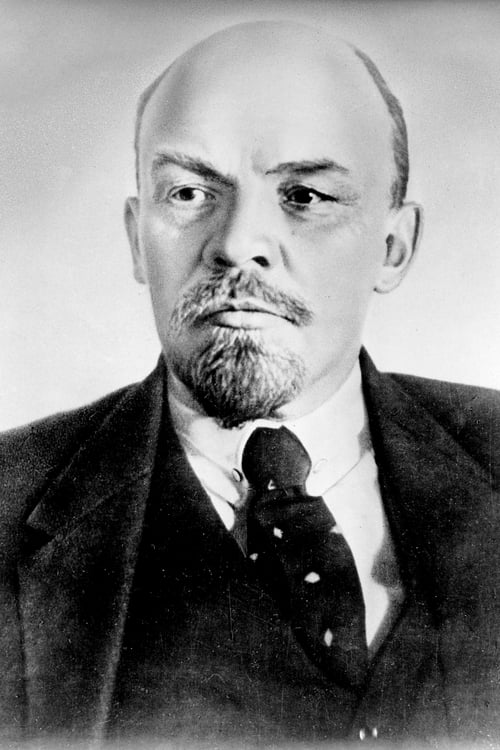
Vladimir Lenin
Nacimiento : 1870-04-21, Simbirsk
Muerte : 1924-01-21
Historia
Revolucionario ruso, principal teórico del marxismo, político y estadista soviético, fundador del Partido Laborista Socialdemócrata Ruso "bolcheviques", principal organizador y líder de la Revolución de Octubre de 1917 en Rusia, primer presidente del Consejo de Comisarios del Pueblo de la RSFSR y el Consejo de Comisarios del Pueblo de la URSS, el creador de la primera historia mundial del estado socialista. Marxista, publicista, ideólogo y creador de la Tercera Internacional (Comunista), fundador de la Unión de Repúblicas Socialistas Soviéticas. El ámbito de sus principales obras políticas y periodísticas es la filosofía materialista, la teoría del marxismo, el anticapitalismo y el antiimperialismo, la teoría y práctica de la realización de la revolución socialista, la construcción del socialismo y el comunismo, y la economía política del socialismo. Las opiniones y evaluaciones del papel histórico de Vladimir Ulyanov (Lenin) son extremadamente polarizadas. Independientemente de la evaluación positiva o negativa de las actividades de Lenin, incluso muchos académicos no comunistas lo consideran el estadista revolucionario más importante de la historia mundial.
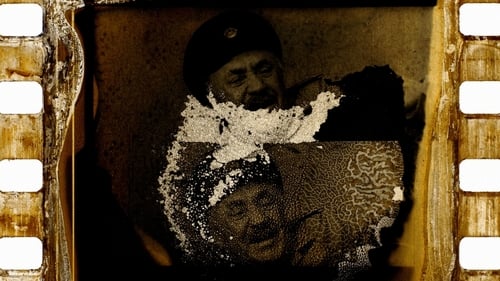
Self - Politician (archive footage)
Atlantic Ocean, off the coast of Iceland, July 9, 2016. The surprising discovery of a canister —containing four reels of The Village Detective (Деревенский детектив), a 1969 Soviet film—, caught in the nets of an Icelandic trawler, is the first step in a fascinating journey through the artistic life of film and stage actor Mikhail Ivanovich Zharov (1899-1981), icon and star of an entire era of Russian cinema.

Self - Politician (archive footage)
Vladímir Ilich Uliánov, más conocido como Lenin, es recordado como el instigador de la Revolución de Octubre de 1917 y, por lo tanto, como uno de los hombres que cambió la forma del mundo en ese momento y para siempre, pero tal vez los hechos reales ocurrieron de una manera diferente a la que se narra en los libros de historia…
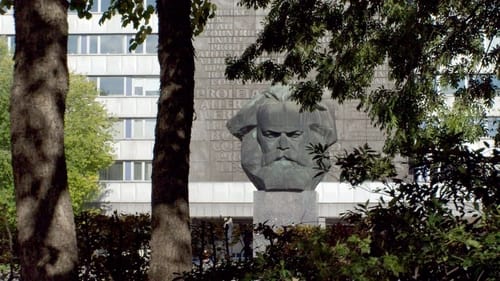
Self (archive footage)
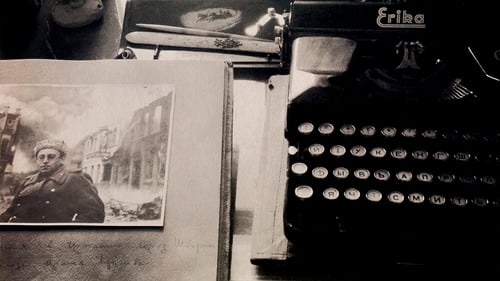
Self - Politician (archive footage)
The convoluted and moving story of Russian writer Vassili Grossman (1905-64) and his novel Life and Fate (1980), a literary masterpiece, a monumental and epic account of life under Stalin's regime of terror, a defiant cry that the KGB tried to suffocate.

Himself - Politician (archive footage)
Russia, 1917. After the abdication of Czar Nicholas II Romanov, the struggle for power confronts allies, enemies, factions and ideas; a ruthless battle between democracy and authoritarianism that will end with the takeover of the government by Vladimir Lenin and the Bolsheviks.

Self (archive footage)
Starting in 1881 this film shows the personal battle between Lenin's Ulyanov family and the royal Romanovs that eventually led to the Russian revolution.
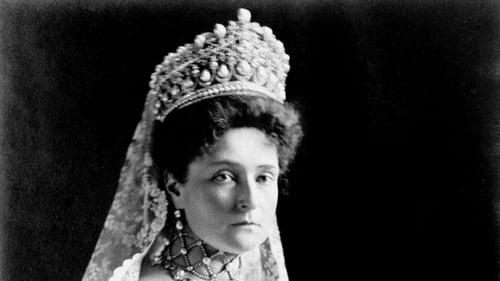
Himself (archive footage)
San Petersburgo, Rusia, 30 de diciembre de 1916. Grigori Rasputín es asesinado. La historia del humilde campesino que se convirtió en el consejero más influyente de la zarina Alexandra Feodorovna, esposa del último zar, Nicolás II Romanov.

Himself - Politician (archive footage)
España, 1937. Ramón Mercader, un joven combatiente comunista, es reclutado y entrenado por el servicio de inteligencia soviético para participar en una misión de alto secreto ordenada por el dictador Iósif Stalin: asesinar a su antiguo rival político, León Trotsky, que vive exiliado en México.

Self (archive footage)
In the last 250 years, free-market ideology has played a central role in the development of the logic and rhetoric that have influenced the daily life of populations throughout the world. It was cornered for a few decades during the twentieth century in favor of a social economy for the public interest, and then returned to the limelight in the last thirty years of the century to dominate the logics that drive world economies, doing the favor of the elites at the expense of 99%. Through the testimony of six people informed about the facts, Laissez-faire offers a historical and ideological perspective through which to identify the fundamental problems of the economic mechanism on which societies are based.

Self (archive footage)
The real reasons and orchestrators behind Hitler, to an incredible theory of the JFK assassination, all the way to 9/11 and the current age of the terrorist. Taken from an historical perspective starting around World War 1 leading to present day.

Himself (archive footage)
Ekaterimburgo, Rusia, 17 de julio de 1917. El zar Nicolás II Romanov y su familia son brutalmente asesinados por los bolcheviques. Este trágico acontecimiento pone fin a la larga dinastía que había gobernado el país con mano de hierro desde la coronación de Miguel I Romanov en 1613.

Himself

Self (archive footage)
Based on the story of Americas enigmatic career of one of the revered architects of the modern world - icon, screen star, and two-term president, Ronald Reagan.

Self (archive footage)
Aunque Hitler y Stalin nunca se encontraron cara a cara estuvieron obsesionados el uno con el otro durante toda su carrera. Su enemistad rompió radicalmente con toda relación precedente entre ambas naciones. Por primera vez este documental hace un doble retrato de ambos dirigentes y de la intensa lucha que mantuvieron separados por miles de kilómetros de distancia. Al profundizar en el material de archivo de batallas de la Segunda Guerra Mundial procedentes de Moscú, Leningrado, Stalingrado y Berlín, se puede sacar la conclusión de que el conflicto entre Alemania y la U.R.S.S. tomó un cariz personal entre ambos dirigentes que recrudeció la lucha hasta límites insospechados. Ambos eran radicalmente opuestos en cuanto a ideología, pero estaban hermanados en cuanto a crueldad y sed de sangre. -información de la distribuidora
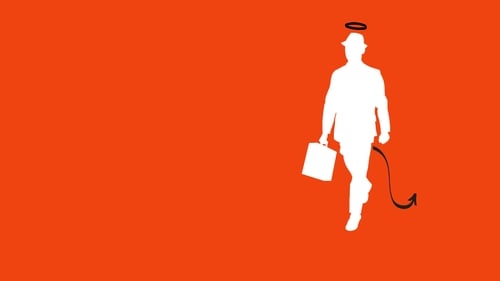
Self (archive footage)
Documental canadiense dividido en tres partes en la cual se analiza la evolución y el comportamiento de las corporaciones multinacionales modernas.
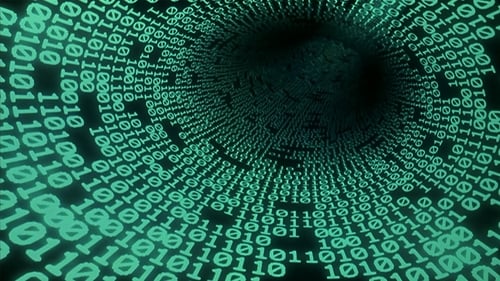
Self (archive footage)
Tercera parte de la trilogía formada por Koyaanisqatsi (1982), Powaqqatsi (1988) y Naqoyqatsi (2002).

Self (archive footage)
Human Remains is a haunting documentary which illustrates the banality of evil by creating intimate portraits of five of the 20th century's most reviled dictators. The film unveils the personal lives of Adolf Hitler, Benito Mussolini, Joseph Stalin, Francisco Franco and Mao Tse Tung. We learn the private and mundane details of their everyday lives -- their favorite foods, films, habits and sexual preferences. There is no mention of their public lives or of their place in history. The intentional omission of the horrors for which these men were responsible hovers over the film.

Himself
In 1978, just after Le fond de l'Air Est Rouge, which mercilessly analyzed the previous ten years of the revolutionary left's momentum until its collapse, Chris Marker made this complementary piece entitled Quand le Siècle a Pris Forme (Guerre et Révolution).
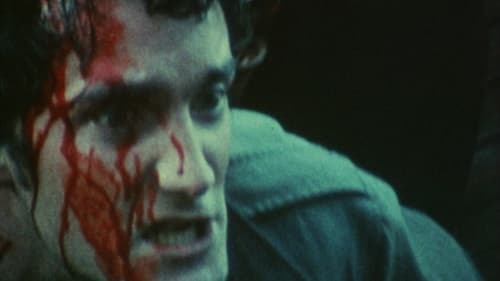
Self (archive footage) (uncredited)
En este documental Marker disecciona los movimientos sociales que surgieron en muchos países del mundo a finales de la década de 1960, además de reflexionar, una vez más, sobre las imágenes y la memoria.
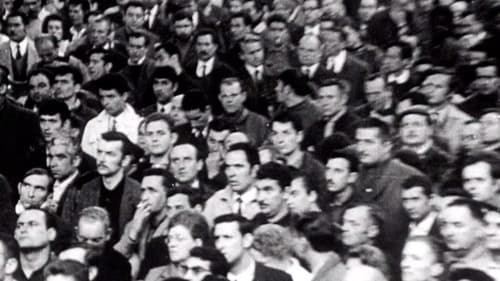
himself (archive footage)
Guy Debord's analysis of a consumer society.

Philosophical essay about the October Revolution of 1917 in Russia, its influence on the destiny of the world in the 20th century.

Self (archive footage)
Traces the origins and actions of World War I, from the funeral of Britain's King Edward VII to the Versailles Treaty.
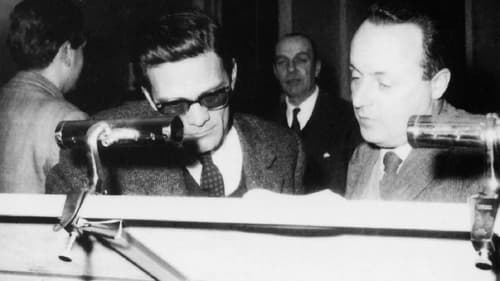
Self (archive footage)
Con imágenes de archivo de los años 50, dos personalidades (Pier Paolo Pasolini y Giovanni Guareschi) responden a la misma pregunta: ¿Por qué nuestras vidas se han caracterizado siempre por el descontento, la angustia y el miedo? La película está dividida en dos partes claramente diferenciadas. En la primera parte, Pasolini responde con su convicción de hombre de izquierda; en la segunda, Guareschi, sustenta la versión conservadora.

Self (archive footage) (uncredited)
Indagación sobre los orígenes del fascismo y su desarrollo en Italia y en otros países mediante material de archivo. Esta revisión muestra el marco ideológico del fascismo y el rastro que ha dejado en la mentalidad de la gente.

(archive footage)

Self (archive footage)
A documentary about the threat of war breaking out in Europe, focusing on Hitler, Stalin and Mussolini.
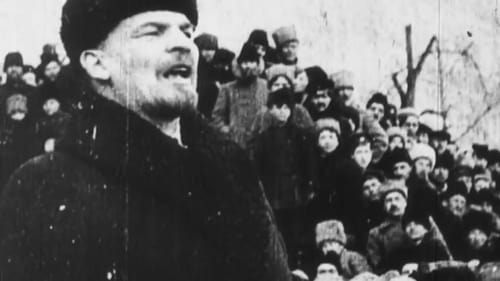
Self (archive footage)
A documentary film account of the Russian Revolution, based on archival footage.
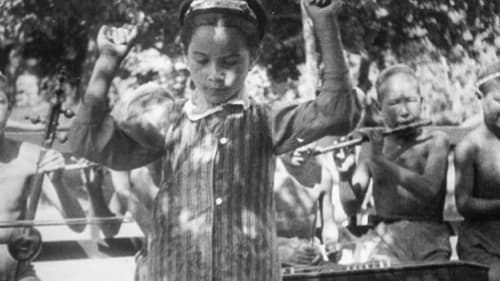
Himself
Sobre el tema de tres canciones populares inspiradas por Lenín, Vertov nos muestra un panorama de Rusia a comienzos de los años 30 en diferentes regiones europeas y asiáticas.
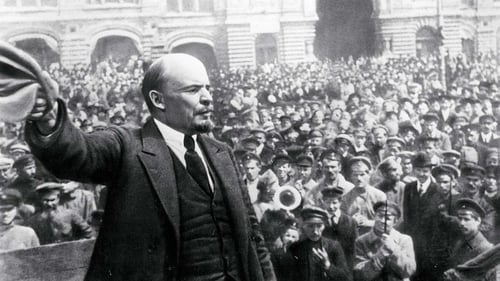
Self (archive footage)
The Fall of the Romanov Dynasty was pieced together by documentarian Esfir Shub from material recorded between 1913 and 1917, and represents the final years leading up to the Russian Revolution. Through editing, Shub casts a critical, ironic light on the former czarist regime. The Fall of the Romanov Dynasty is the first film in Esfir Shub's trilogy that continued with The Great Road (1927), and concluded with Lev Tolstoy and the Russia of Nicolai II (1928).

Author
The Fall of the Romanov Dynasty was pieced together by documentarian Esfir Shub from material recorded between 1913 and 1917, and represents the final years leading up to the Russian Revolution. Through editing, Shub casts a critical, ironic light on the former czarist regime. The Fall of the Romanov Dynasty is the first film in Esfir Shub's trilogy that continued with The Great Road (1927), and concluded with Lev Tolstoy and the Russia of Nicolai II (1928).

Himself (archive footage)
Dziga Vertov-directed Soviet newsreel made to commemorate the first anniversary of the death of Vladimir Ilich Lenin (21st January 1924 - 1925) drawn from 'The Final Journey', a Pravda feuilleton written on the occasion of Lenin's funeral by the man who had introduced Vertov to cinema, Mikhail Koltsov. Contains: First anniversary of Lenin's death: 1. Assassination attempt on Lenin and Soviet Russia's progress under his leadership / 2. Lenin's illness, death and funeral / 3. The year after Lenin's death

Himself
This film shows us leaders of organizations that emerged after the Russian Revolution.
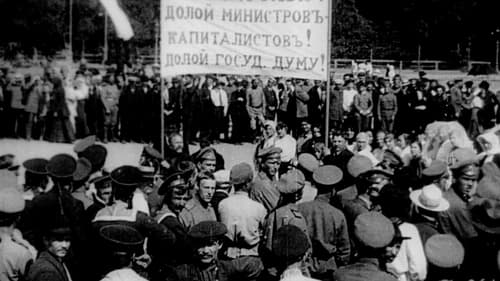
Self - Politician
Crónica de la Revolución rusa de 1917, desde la revolución democrático-burguesa de febrero hasta la gran revolución socialista de octubre y el triunfo final.
























